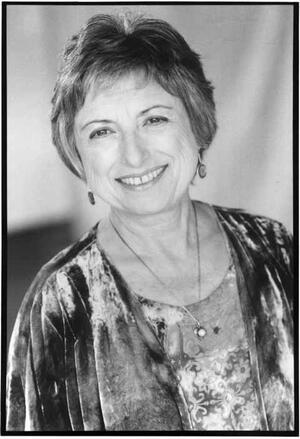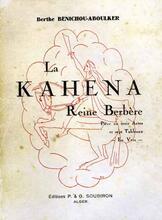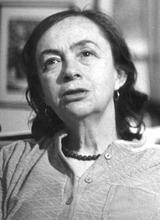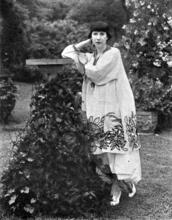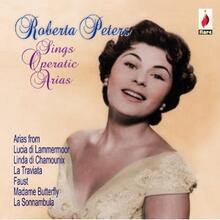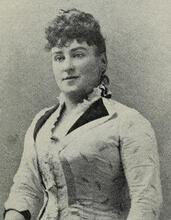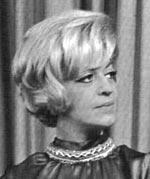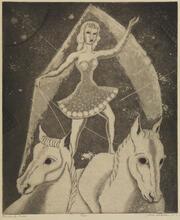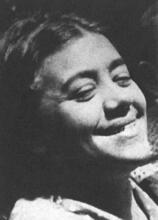Ora Bat Chaim
Ora Bat Chaim had a thriving career as a cellist and concert manager before becoming a prolific composer in her late 50s. Bat Chaim began playing cello at age eight and performed in orchestras before becoming the manager of the Zavit Theater in the early 1960s and producer of various musical shows and dramas with Israeli artists. In 1973 she became the manager of clarinetist Giora Feidman, whom she later married. Together, they helped revive world interest in Klezmer music. In 1993 Bat Chaim began composing, creating over 400 pieces in just a few years and winning Germany’s prestigious Echo Award. She composed the soundtracks for the Oscar-nominated Beyond Silence and several plays. Many of the pieces in Feidman’s permanent repertoire are Bat Chaim’s compositions.
Music Career and Successes
It is rare to begin composing intensively at the age of fifty-eight. However, this is what happened to Ora Bat Chaim, a poet, painter, and concert manager who in 1993 began to concentrate almost entirely on music-making. At the age of eight, she started playing the cello and as a young student performed with various amateur orchestras. The late beginning of composing, singing and improvising was, in her case, the result of an inner need and spontaneous urgency, as she declared: “With an aim to express in music a message of tolerance, unity, and understanding between people regardless of nationality and creed.” It was a kind of self-discovery. Much of her music could be described as a reflection of deep interest and involvement in Jewish mysticism, The esoteric and mystical teachings of JudaismKabbalah, and yoga, sources by which she is directly inspired. One should bear in mind that Bat Chaim is very much a self-taught musician.
Bat Chaim’s success as a musician was beyond any expectations. Within several years she composed more than four hundred pieces and was established as a productive and significant composer. Many of her works are frequently performed and recorded by soloists, ensembles and orchestras, as well as by herself. In particular she has enjoyed a close musical association with the world-famous clarinetist Giora Feidman, whom she married in 1975. Many of her compositions are included in his permanent repertoire. There are numerous CD albums of Feidman featuring her works. She also contributed to the soundtracks of various important films such as the German film Jeneseits Der Stille (Beyond Silence, which in 1998 was nominated for an Academy Award for best foreign film) and the film Comedian Harmonists. Two of her CDs won the annual Echo Classics Award, one of the most important German classical music accolades: Silence and Beyond (1997) and Love (2003) both feature Feidman playing works by Bat Chaim. The piece “Love” was given its world premiere in the Bundestag in Berlin on January 27, 2000, by Feidman and members of the Berlin Philharmonic Orchestra. “Love” symbolizes the spirit of freedom and oneness among humanity. This was a high peak in her rapid career. Her original music was also featured in theater plays such as Isaac Bashevis Singer’s Meshugge Von Hoffnung and The Golem.
Family and Education
Bat Chaim was born on September 4, 1935 in Ramat Gan, Israel, as Ora Ben Petahiah. Her father, Yosef Chaim Livay, adopted the surname Ben Petahiah after his father’s first name (the son of Petahiah). On her father’s side, Ora is one of a sixth-generation born in The Land of IsraelErez Israel (previously Palestine and under the Ottoman Empire). Her mother, Yehudith Zeidenberg, who came from Bessarabia, graduated as a cellist from the Juilliard School of Music in New York City, and later moved to Palestine.
Bat Chaim studied cello first with her mother and later with Ya’akov Bernstein, the first cellist of the Palestine Symphony Orchestra (later the Israel Philharmonic Orchestra). In 1954, after graduating from high school and serving in the military, she married Amos Rabinovich, who later changed his family name to Yariv. They had one son, Ron, who was born in 1959. She joined the Zavit Theater as its secretary in 1962 and became its manager shortly thereafter. At the same time, as Ora Yariv, she was involved in many successful productions of musical shows and dramas in cooperation with well-known Israeli artists. She divorced in 1971. In 1973 she became the personal manager of Giora Feidman and has played a major role in devoted and determined efforts to bring Klezmer music out of obscurity and onto the world’s stages. Their remarkable achievements in this connection were a result of fruitful collaboration.
Composition Career
In 1975 Bat Chaim and Feidman married. For more than twenty years she was Feidman’s manager, organizing his concert tours, recording projects, performances and productions around the world. In 1995 she retired from management work and decided to dedicate herself to artistic creativity. Ora adopted the name Bat Chaim after one of her father’s first names. Her music and lyrics have been released and published on various compact discs and in collections and books. A selection of Bat Chaim’s colorful paintings is included in the booklet of the CD Love.
Most of her compositions are arranged by professional musicians, among them Sergei Abir, Avner Dorman, Josef Bardanashvili and Joe Basar. The titles, mostly in Hebrew, reflect a preoccupation with Jewish traditions and mystical beliefs. She has gradually developed her own personal style, which bears the stamp of Jewish musical modes and expressions of simplicity.
Bat Chaim’s positive view of life and art is markedly influenced by faith in the awakening of the soul of man and the human desire to reach for the unknown, through music and poetry. In 2001 Bat Chaim began to devote herself to a traditional self-cultivation practice, Falun Dafa/Falun Gong, which improves mental and physical wellbeing and is based on the universal principles of truthfulness, compassion, and tolerance.
Bat Chaim lives in a village in central Israel in the winter and in West Stockbridge, Massachusetts, USA, in the summer.
Selected Works By Ora Bat Chaim
Selected Recordings: CD
Silence and Beyond: Feidman plays Ora Bat Chaim. Koch Schwann: 1997.
Soul Meditation—Harmony of Song: Ora Bat Chaim performs her music and poetry with musician friends. Special guest artist: Giora Feidman. Koch World, Schwann: 1997.
Dancing in the Field. Music and lyrics by Ora Bat Chaim. Accompaniments improvised by Giora Feidman, Brad Catler, Franz Hummel, Gabriele Schmid, Wolfgang Weigel. Koch Schwann: 2002.
Love: Feidman plays Ora Bat Chaim. With the Pforzheim Chamber Orchestra (Southwestern Germany). Conductor: Vladislav Czarnecki. Pforzheim String Quartet. Warner Music International: 2003.
More music by Bat Chaim on Feidman’s recordings and other publications: Tonos Musikverlag GmbH. www.tonos-online.de
Selected Books and Collections
Lezamer/To Sing: Music and Poetry by Bat Chaim. New York: Rom Productions, 1995.
Music and Poetry
Film scores: Beyond The Silence, Comedian Harmonists, L’Homme est une femme comme les autres.
Dancing in the Field for clarinet and guitar, with flute and violin substitutions, arranged by Joe Basar.
Easy Klezmer 2 (from the repertoire of Giora Feidman); For Piano (the same as Easy Klezmer 2 but arranged for piano by Steve Murray).

